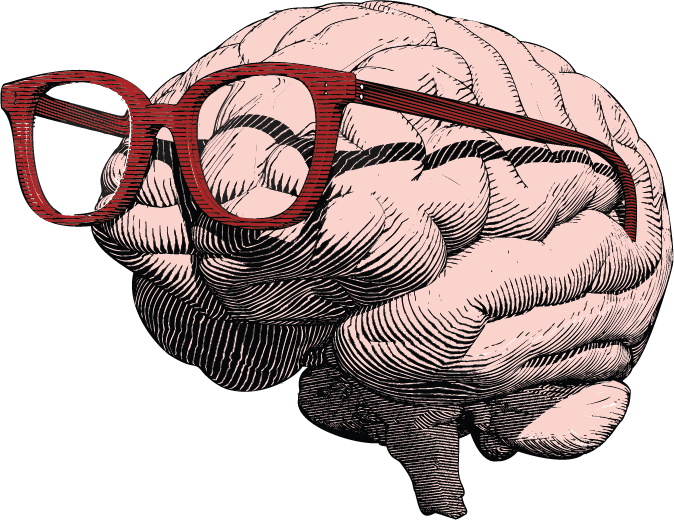
Chanel Matney: California State Assembly Transportation Policy Consultant
In 2015, Chanel Matney was a PhD student in neuroscience at Johns Hopkins University. Like many grad students, she loved the work that she did yet would still find herself wondering at times about how her science would ultimately benefit society as a whole. One night, while visiting a friend’s lab, events outside the lab would throw that question into sharp relief. Freddie Gray had died in the hands of law enforcement, and Baltimore was ablaze in grief and anger. Chanel felt disconnected in that moment, watching from a “literal ivory tower” while the city she loved burned through the window. “You can’t help but think to yourself — what’s my role in all of this?” she tells us of moments like these. It was a catalyzing event in the path to Chanel’s career in science policy.
Science is Political
There are some who contend that policy decisions should be left to the policymakers, and that scientists should stay in the lab safely removed from the political fray. Chanel’s opinion on this: “nonsense.” Just as science can help us to understand the world around us, it can and should play a role in informing the way in which we govern our existence in this world. From Chanel’s perspective, a political stance is a value statement. “If you’re a scientist, you value the facts. You value data-driven decision making. You value promoting the public health of all citizens. There are certain policy platforms that promote that, and there are others that don’t,” she explains. “Why would you remove yourself from the ongoing civic discourse because you’re worried about being labeled a partisan?”
Why would you remove yourself from the ongoing civic discourse because you’re worried about being labeled a partisan?
Chanel Matney
While in graduate school, Chanel co-founded the Johns Hopkins Science Policy Group. It was here that she first identified science policy and advocacy as a potential path to fulfill her goals, and she now has a wealth of experience in a variety of policy roles. After earning her PhD, she worked in policy affairs at the Federation of American Societies for Experimental Biology, an organization that monitors how government policies will affect the practice of research within the United States. From there, she transitioned to biomedical advocacy at Research!America, where she regularly attended advocacy events and promoted the funding of scientific research. She also worked at the Potomac Institute for Policy Studies, a think tank that provides consulting services in the sciences to federal agencies, before ultimately making her way out west as a California Council on Science & Technology fellow. Today, she works with the California State Assembly, where she advises on transportation policy.
Making Lasting Change
Chanel’s policy work allows her to make the connection between her skills as a scientist and the wellbeing of broader society that was missing from her time in the lab. It has afforded her the opportunity to make the impact that she knew was within her capability. The very day she recorded her chat with Nick, she saw a headline about a bill that she had worked on in California which would allow college athletes to monetize their likeness and name — something previously against NCAA rules. That ability is now a national standard, and Chanel is very proud of her work towards that nationwide achievement. “Just knowing that I’m in the right place, where magic like that can happen, I find really humbling and fulfilling,” she shares.
Chanel’s experience has also taught her how to engage with non-scientists on scientific issues in meaningful ways — something that could not be more crucial during a global pandemic, or a climate crisis, or a mass social upheaval. It’s important to start the dialog with “authentic curiosity” rather than adversarial correction, she explains. Beginning a conversation by telling someone how wrong they are is a manner of “attacking, in many ways, what they believe and who they are.” Chanel emphasizes the importance of building relationships as a scientist within society. Everyone has a story and knowledge to share. A conversation between two people, in which values are shared and connections are made, allows us to teach each one another more effectively than any lecture.
Chanel’s Favorite Books
Once a Scientist is made possible by support from our listeners! Each week, we ask our interviewee to tell us about their favorite books. If any of these reads catch your eye, you can support the show by using the links below to buy a copy for yourself!
- Between the World and Me by Ta-Nehisi Coates
- So You Want to Talk About Race by Ijeoma Oluo
- Figuring by Maria Popova
- Remember, Be Here Now by Ram Dass
Notes for this episode were written by Caroline Sferrazza.




0 Comments